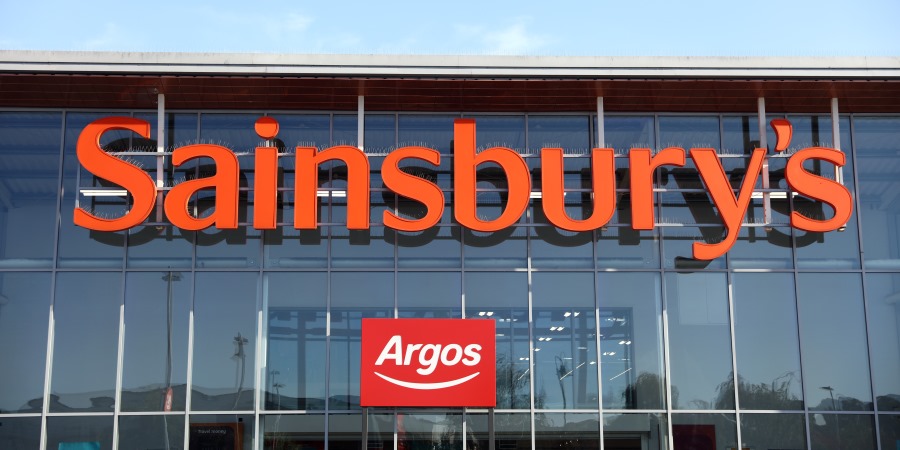Sainsbury’s has been ranked as the least polluting of all UK supermarkets, according to a new study into the carbon footprints of leading food retailers.
The 2018 Top 10 Rankings for UK Supermarkets, published by Engaged Tracking, a specialist in carbon footprint analysis, details the carbon emissions of UK supermarkets for the first time.
The research reveals that Sainsbury’s has the lowest emission intensity. The grocer has also made a pledge to reduce carbon emissions by 30% absolute and 65% relative (versus 2005) by 2020.
Tesco also performed well, coming in at second place. The retailer plans run 100% on renewable electricity in the UK and Ireland this year and worldwide by 2030.
Sainsbury’s, Tesco and Asda have also all formed CO2 reduction partnerships with their suppliers, encouraging them to install LED lighting, heat recovery solutions and smart refrigeration systems.
Two of the higher polluters are said to be Aldi and Lidl, but Iceland is the highest – with the report claiming it produces emissions which are 34% higher than the average intensity of the UK’s top 10 supermarkets.
Engaged Tracking has estimated each supermarkets’ emissions based on industry benchmarks. Its findings follow industry norms by using “emissions intensity” – the amount of carbon emitted by a company for every dollar of revenue it earns – as their fundamental unit of measure.
Sam Gill, CEO of Engaged Tracking, commented: “In implementing eco-friendly policies – driven by a desire to attract customers and investors who increasingly appreciate and demand them – companies like Sainsbury’s are changing the game.
“Sainsbury’s has recognised that as a food retailer its supply chain depends on the health of the natural environment.”
Richard Walker, managing director of Iceland, commented: “The figures provided by Engaged Tracking do not correlate with our own analysis of carbon emissions and the basis upon which the ranking has been created is unclear, so we are unable to comment on specific figures. We have taken industry leading steps to reduce our impact on the environment including committing to remove palm oil from all own label food products by the end of the year and remove plastics from all own label packaging by 2023. Both of these initiatives will have a significant secondary influence on carbon emissions and we continue to lead in this area.”
An Aldi spokesperson said: “All our stores, distribution centres and offices across the UK and Ireland are powered by 100% renewable energy and we are on course to become a carbon neutral business by 2019. We do not believe the report is a credible reflection of our position on energy consumption and usage.”
Lidl refused to comment on the findings.









